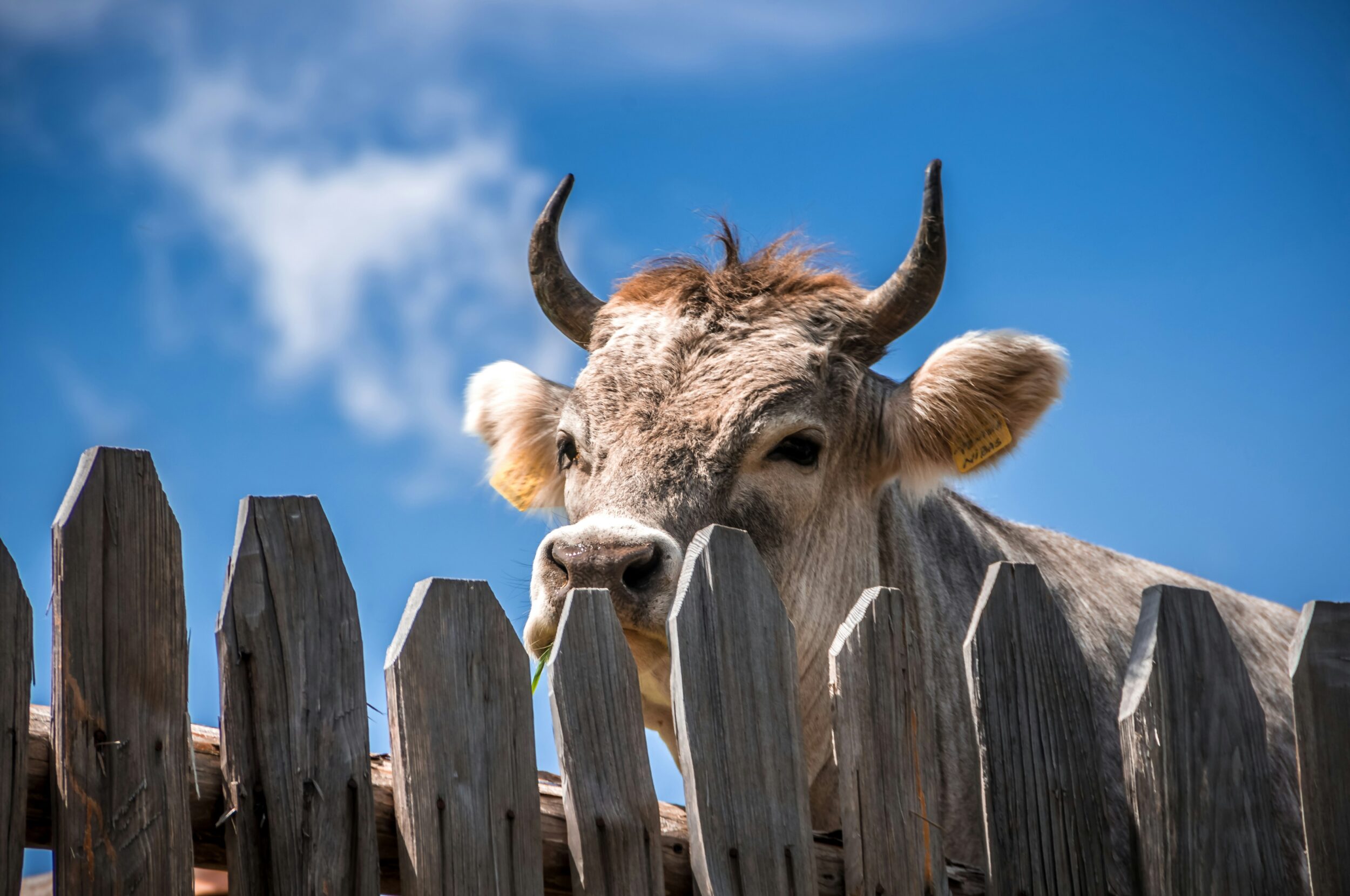Food insecurity has become one of the most pressing challenges of our time. According to a recent United Nations report, in 2022, more than 250 million people in 58 countries faced severe food insecurity. This is a significant increase compared to 2021, when “only” 193 million people in 53 countries were affected. Faced with this alarming situation, António Guterres, Secretary-General of the United Nations, called for a “ fundamental and systemic change“.
But what is causing this global food crisis? Experts point to several key factors. First, economic shocks caused by the Covid-19 pandemic and international conflicts have disrupted supply chains and driven up food prices. Second, and perhaps most worryingly, extreme weather, fueled by the climate crisis, is having a major impact on food production. In fact, these “extreme weathers” are the leading cause of acute food insecurity for more than 56 million people in 12 countries.
The controversial role of the meat industry
Now let’s talk about the most important part (no pun intended): the meat industry. We love it on our plates, not all of us, given that vegetarianism and veganism are increasingly present, but it is not exactly our planet’s best friend.
Hold on: Livestock accounts for approximately 14.5% of global greenhouse gas emissions. It’s huge! And that’s not all. It’s also the world’s largest source of methane emissions. For those of you who skipped chemistry class, methane is a greenhouse gas 25 times more potent than carbon dioxide. Suffice it to say that when we talk about global warming, our Sunday steak has a say.
But wait, it doesn’t end there. Livestock farming is also a major cause of deforestation, water pollution, and the death of the oceans. And when the oceans die, they release nitrous oxide, a greenhouse gas 300 times more potent than carbon dioxide. It’s like our love of meat is a bowling alley with the planet.
Faced with this observation, many experts are sounding the alarm. They are calling for a drastic reduction in meat consumption globally. And when we say drastic, we are not referring to eliminating ham from the sandwich. A study by the University of Bonn in Germany suggests that Western countries should reduce their meat consumption by at least 75%! The recommendation: go from 80 kilos of meat per year (the average in the United States and Europe) to 20 kilos or less. It’s a crazy diet!
Towards a more efficient and sustainable food system
So what’s the solution? More and more experts are pointing the finger at our plant-based friends. No, we’re not talking about eating only lettuce (although that might be fun), but rather rethinking our food system to be more plant-based.

Why? Simply because it is much more efficient. Only 18% of the calories we consume come from livestock, but 80% of agricultural land is used for livestock farming. It’s like using your living room to store your socks! Plus, a third of the world’s grain supply is used to feed animals. And guess what? Only a small fraction of that is converted into edible protein for us humans.
This waste of resources has direct consequences for global food insecurity. Using so much land and grain for livestock drives up the prices of basic foods, making it harder for the world’s poorest people to access food.
But don’t despair! Solutions exist and are already in place in some regions of the world. In Kenya, for example, where drought and rising food prices have hit hard, organizations have experimented with “gardening tours.” These towers, which contain soil and plants, allow people to grow vegetables more efficiently and sustainably, even in difficult conditions. It’s a small green revolution on a local scale!
Do you like our articles? You will love our newsletters! Subscribe to this page for free.
Source: Madmoizelle
Mary Crossley is an author at “The Fashion Vibes”. She is a seasoned journalist who is dedicated to delivering the latest news to her readers. With a keen sense of what’s important, Mary covers a wide range of topics, from politics to lifestyle and everything in between.




